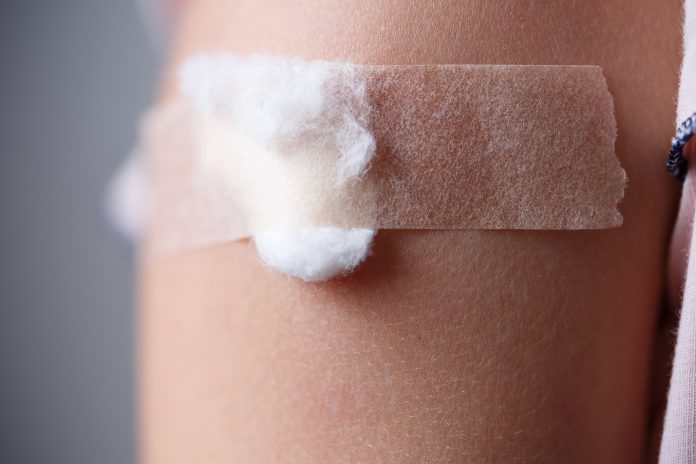On Wednesday (12 May), the CDC announced that the Pfizer vaccine could now be given to 12-15 year olds – effective immediately for 17 million adolescents
In a statement, the Centers for Disease Control and Prevention (CDC) said: “CDC now recommends that this vaccine be used among this population, and providers may begin vaccinating them right away.”
Children are recognised to be generally safe against severe COVID symptoms, but the CDC acknowledges that “some children can get severely ill and require hospitalisation.” They further highlight multisystem inflammatory syndrome in children as a key cause of death in those who experience a severe form of the virus.
For the adolescents, a big fear is that they can carry COVID-19 back to vulnerable family members who may not have had the vaccine.
This will be good news for individuals who want to send their children to school, as some of the most disadvantaged children are missing out on access to opportunities – despite the best attempts of teachers to navigate Zoom classrooms. In the UK, the education gap between disadvantaged children and their peers has grown by 36%.
Is the Pfizer vaccine safe for 12-15 year olds?
Yes.
In a trial involving 2,260 adolescents of that age in the US, there were no cases of the virus in the group vaccinated with both doses of the vaccine. The young adolescents showed “strong immunogenicity” one month after their second dose.
Albert Bourla, Chairman and Chief Executive Officer at Pfizer, commented at the time that the company were “encouraged by the clinical trial data from adolescents.”
The trial was 100% successful at preventing COVID-19 in this age group.
CDC director, Rochelle Walensky, said: “Some parents have already made plans for their adolescents to receive a COVID-19 vaccine. Understandably, some parents want more information before their children receive a vaccine. I encourage parents with questions to talk to your child’s healthcare provider or your family doctor to learn more about the vaccine.”
New information about side effects in adults
In a separate study, over 627,000 participant’s vaccine side effects have been documented. Only 24% of people reported a symptomatic side effect after taking the AstraZeneca or Pfizer vaccine.
Professor Tim Spector OBE, lead scientist and Professor of Genetic Epidemiology at King’s College London said: “The data should reassure many people that in the real world, after effects of the vaccine are usually mild and short-lived.”
The most common side effect was headache. People who took Pfizer reported that the second dose gave them a headache more than the first dose. Overall, more people had a headache after the AstraZeneca first dose, than with the first Pfizer injection.
The second most common side effect was fatigue. According to the data, 8.4% and 14.4% of participants reported fatigue after first and second dose of Pfizer vaccine.











